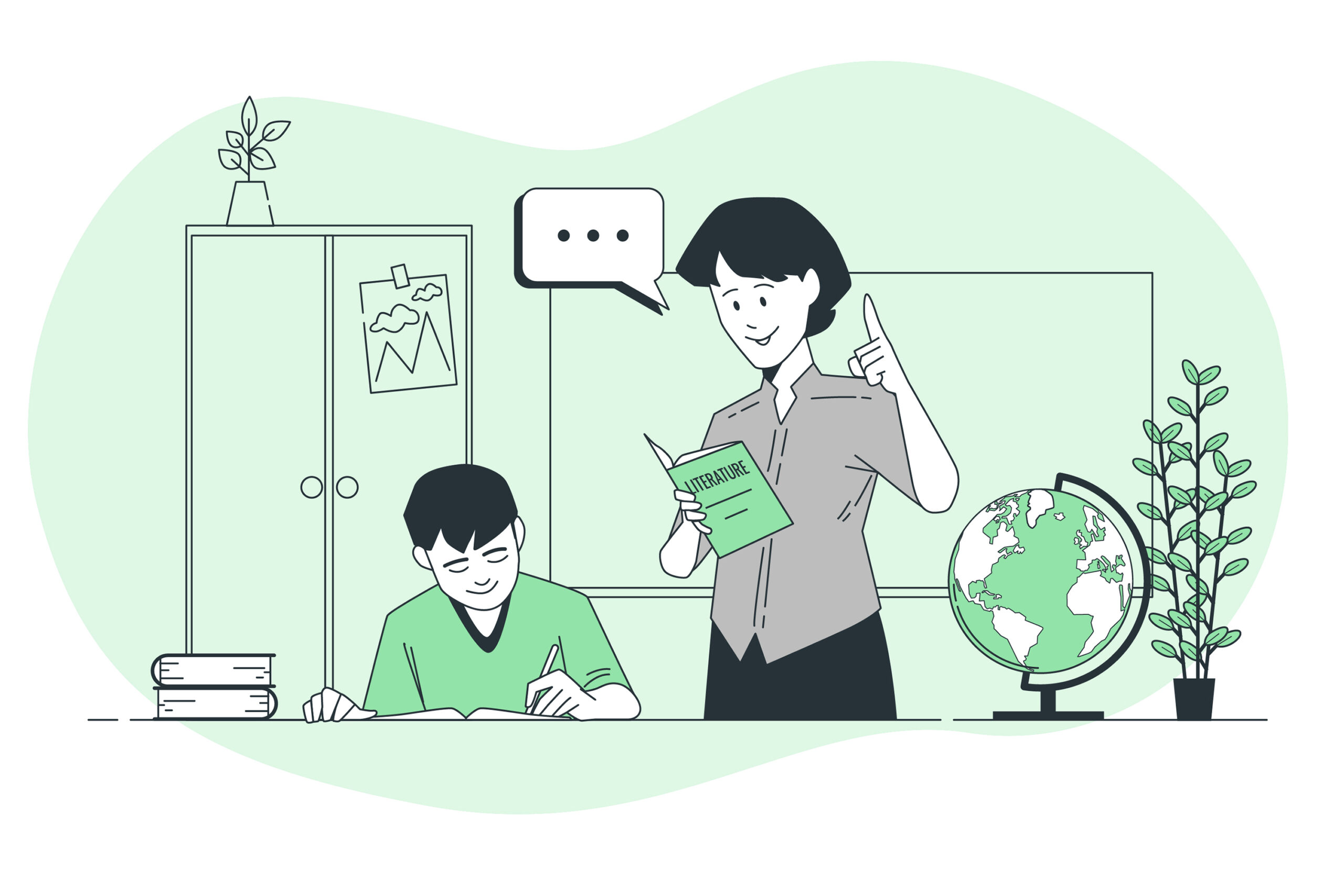In the current educational domain, primary education plays a fundamental part in preparing young learners for the future. This is the reason most nations worldwide have made primary schooling mandatory. These are the years during which the children’s character grows, and primary education inculcates a sense of learning. It strives to ensure the holistic development of social, cultural, cognitive, emotional, and physical aptitudes. Nevertheless, there are numerous aspects you need to understand about primary education that’ll aid your children in their overall growth. Read on to learn more about the importance of Singapore’s primary K-12 education institutes.
Understanding the Stages of Education in Singapore
Primary education is the initial phase of mandatory schooling and typically covers the initial years of school life. And primary education serves as a stepping stone for the next generation of scholars, administrators, and inventors. Teachers play an important role in primary schools as they train young learners by developing comprehensive strategies to keep them involved.
And depending on the results of the Primary School Leaving Examination (PSLE), the student gets divided into three streams:
- Normal – Academic (for average performers)
- Express Stream (for quick learners)
- Normal – Technical (for students specialising in a technical field)
Young learners need to appear for their O-level exams in the final year of high school. This final examination decides which graduating university they are qualified to join. Junior colleges are typically the fastest route to get admission into reputed universities.
On the contrary, polytechnics and other technical education are excellent ways to build thriving vocational careers. If you are looking for a primary school in Singapore, review the primary school fees and compare it with other schools. This helps you determine which would suit your young learner’s requirements the most.
Understanding the Significance of Primary Education in Singapore
Primary education delivers knowledge and academic exercises. This training equips young learners with essential competencies in writing, reading, and mathematics (i.e. numeracy and literacy). It establishes a stable basis for learning core areas of education and personal development, preparing them for lower secondary education.
Primary education in Singapore concentrates on learning at a fundamental level of elaborateness with little specialisation. And at every phase, young learners’ passions and academic performance help define the career avenues ahead.
Below are some ways primary education can play a pivotal part in your child’s development in Singapore.
Social Development
Primary school is the educational foundation where children learn to associate and interact with many new individuals, including their peers and mentors. And young learners see a new school environment and understand the art of communicating, playing, and expressing their feelings with others. In primary school, young learners make new bonds, participate in group activities, learn to help each other, and more.
Reading and Interaction Aptitudes
In primary school, young learners start reading and communicating with others for the first time. Also, the lessons taught in primary schools make them imagine and visualise what they read, which enhances their stimulation and memory capacity. This is how they become better at interactions and communication skills.
Overall Development
Primary schools in Singapore play a massive role in helping children improve communication, cognitive, and interpersonal skills that help them grow personally and academically. The indoor and outdoor activities keep them engaged; this is how they work on keeping their physical and mental health sound. A global mindset will also be developed through the lessons taught inside and outside the classroom, serving them well as they grow into responsible and knowledgeable individuals.
Final words
All in all, parents should always pay attention to the significance of primary school education for their kids. In addition, primary school is where children learn about different facets of life, mingle with others, develop communication aptitudes, and become confident. So as a parent, it is your responsibility to choose the best primary school for your little one that will bring a host of new opportunities for them.
For more blogs click here.










